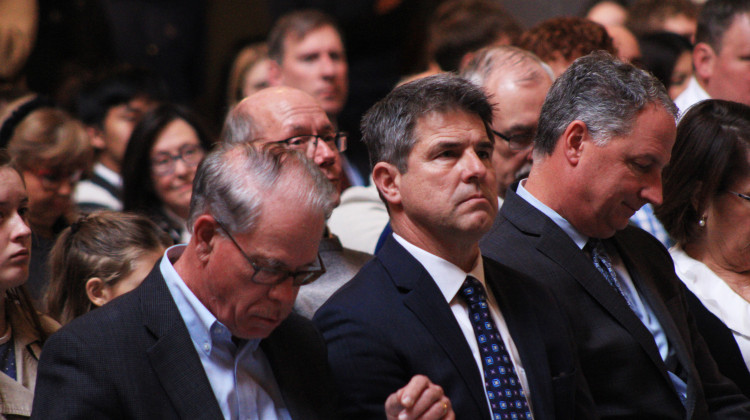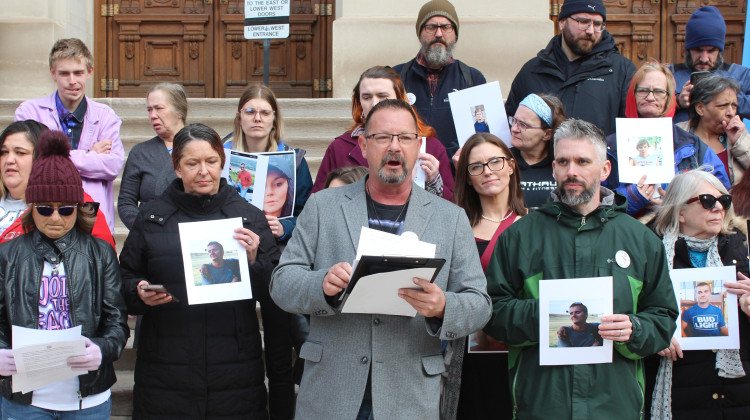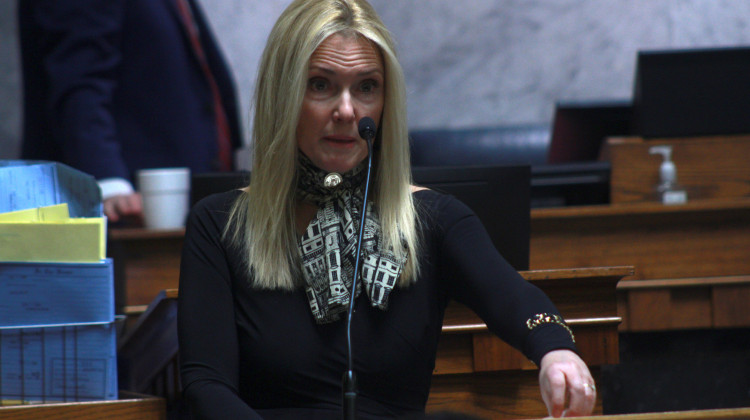Local communities with casinos could face significant financial losses under changes made Thursday in the House Ways and Means Committee to gaming industry legislation.
Communities with casinos currently get four pots of money because of those facilities: dollars from the admittance tax and the wagering tax, money from the state to supplement previous losses in the admittance tax, and money from what are called local development agreements, or LDAs – essentially, side contracts with the casinos themselves.
An amendment the Ways and Means committee approved eliminates the admittance tax after 2016, changes the wagering tax in 2017 to lower the amount casinos pay, and eliminates the state supplement. That could mean losses of tens of millions of dollars for local communities.
The amendment would also require each community and casino to renegotiate their LDA in the hopes of helping offset some of the loss to locals. If locals and casinos can’t agree on a new deal, the Indiana Gaming Commission will establish the agreement for them.
LaPorte Republican Rep. Tom Dermody, the gaming bill’s author, says the prospect of the commission deciding the terms of the LDA should spur casinos and communities into working together.
“So I think everybody has to come to the table and look at this and say, 'Okay, we’re no longer in the position we were in before. We want to keep this industry; we want to keep those jobs. What all do we have to do together to make that work,’” Dermody said.
The amended bill now heads to the House floor.
 DONATE
DONATE








 View More Articles
View More Articles

 Support WFYI. We can't do it without you.
Support WFYI. We can't do it without you.